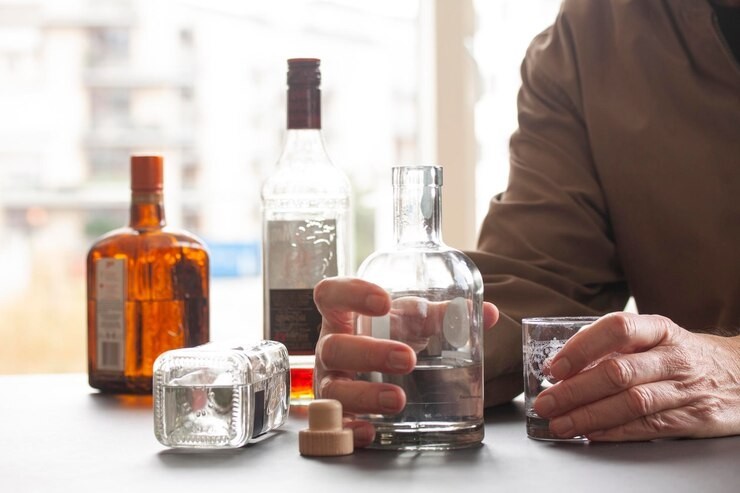Enabling is a trend which loved ones of the addict engage in either knowingly or unknowingly.
Enabling is a trend which loved ones of the addict engage in either knowingly or unknowingly. Some do this thinking that they are rendering help to the addict but unfortunately, the reverse is the case. Enabling an addict is the act of protecting individuals from experiencing the outcome and consequences of their addiction. Enabling is contrary to helping and supporting as it actually guides the addict on on a path of destruction.
Enabling an addict slows down the process of an addict finding the willingness to seek help. Knowing whether you are enabling an addict or not can be difficult. Some examples of enabling behavior are:
- Cleaning up messes made by the addict.
- Paying the person’s bills.
- Co-signing false excuses why they can’t go to work.
- Assisting in getting them legal help when in trouble.
- By always granting their request.
- Continually accepting their excuses
- Staying away from discussions regarding their addiction simply to avoid confrontation.
- Allowing their addictive behavior to appear normal to other persons and family members.
- Not allowing the addicted person to go through the consequences of their addiction
- Making excuses for their addictive behavior in presence of teachers, friends, legal authorities, employers, and other family members.
- Portioning blames to other people for the addicted person’s behaviors.
- Giving undeserved and unearned money to the addict.
Dangers of Enabling
When it comes to addiction, enabling can be very harmful. In most cases, the enabler starts with an intention to help, but as time goes on, some persons get to overdo it and start aiding their addiction indirectly.
Research has it that, going through the consequences of their addiction would make them seek treatment sooner, but when there is an enabler involved, it becomes useless for the addict to seek treatment.
Due to the fact that enabling discourages addicted people from seeking professional help, it can in some cases lead to conditions that can cause physical, mental and psychological harm.
Although in some cases, you might not be able to stop loved ones who are addicts from their behavior, you are in a position to refuse to make it easy for them and not support their addiction.
What You Should Do?
Is it possible to break the cycle of enabling? Yes, it is. Once you are able to recognize that you are enabling an addict, don’t hate yourself for it, it is very natural to want to help a loved one, but all you have to do is to start avoiding those enabling actions. Below are things an enabler can do to stop the deadly conduct:
- Seek Support
- Get Outside Help
- Prioritize Self-Care
- Don’t Buy into Guilt and Shame
Enabling might be a hard habit to do away with, but it is advantageous and possible. Understanding, acknowledging and stopping these enabling habit of yours is an important and the first step when helping an addict see how destructive their behavior is and that they need help to live above their addiction.
At Philadelphia Recovery Residences, we have licensed interventionists on staff willing and ready to help a family in need.
For more information on how we could help at Philadelphia Recovery Residences
Call 215-792-3299
or




